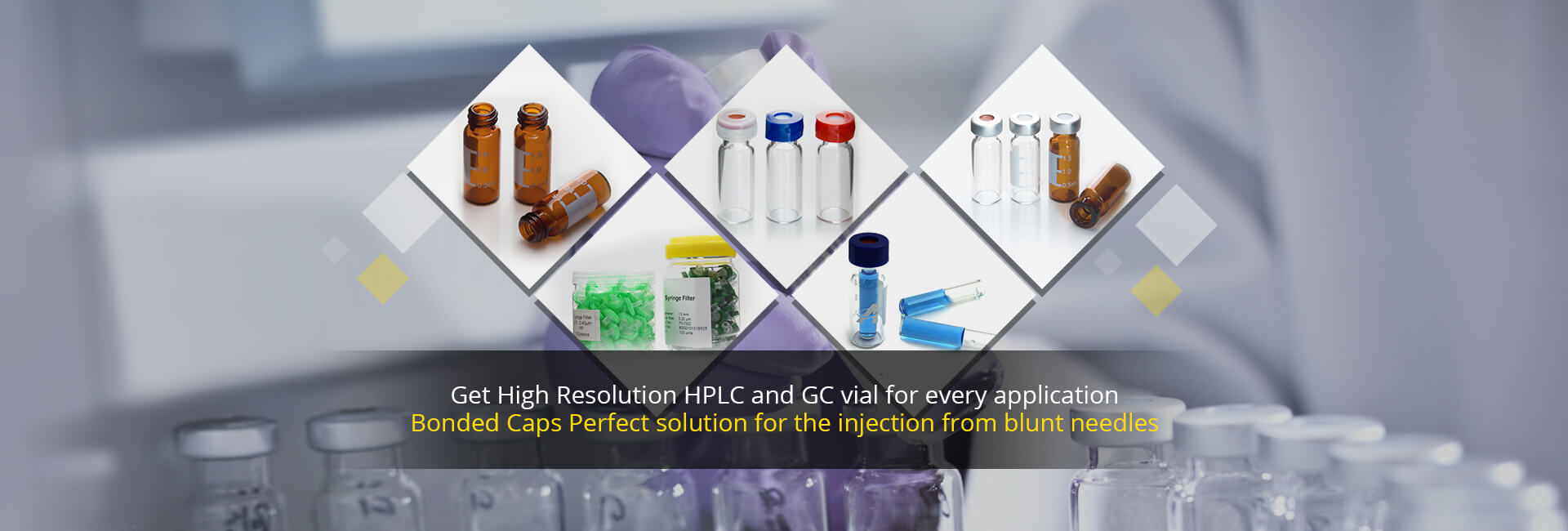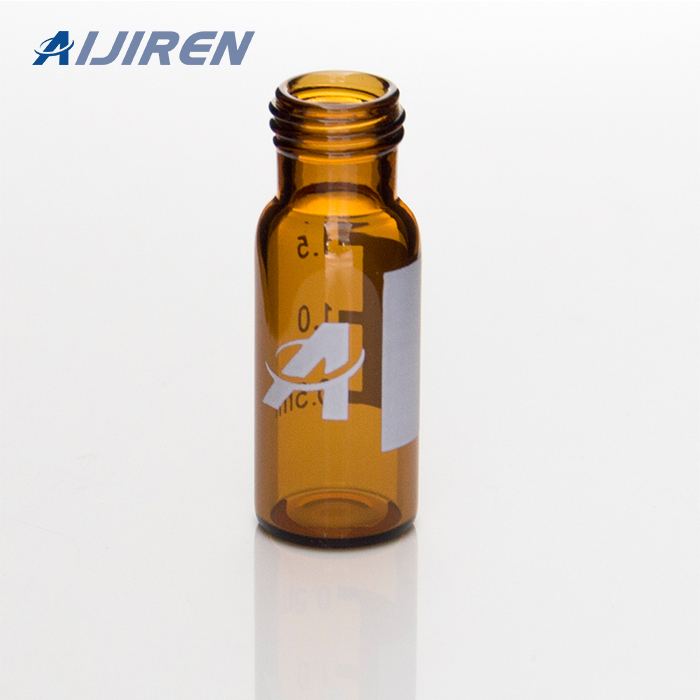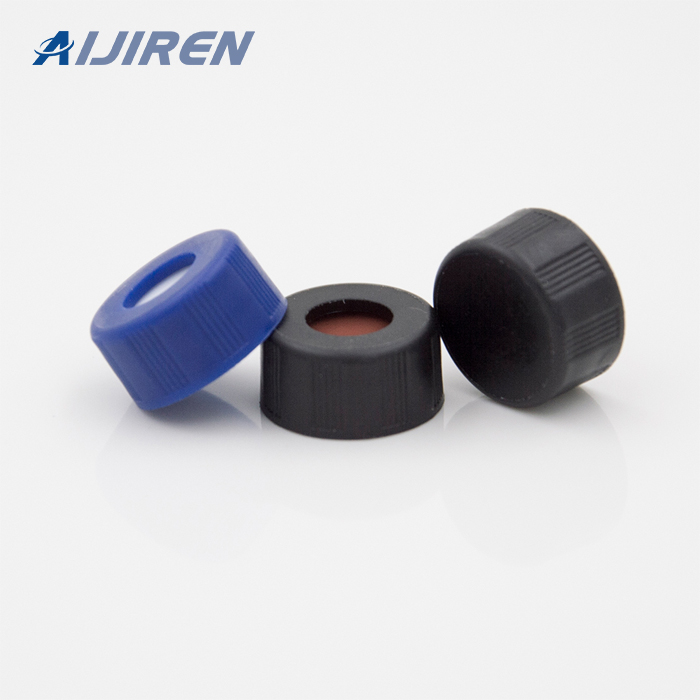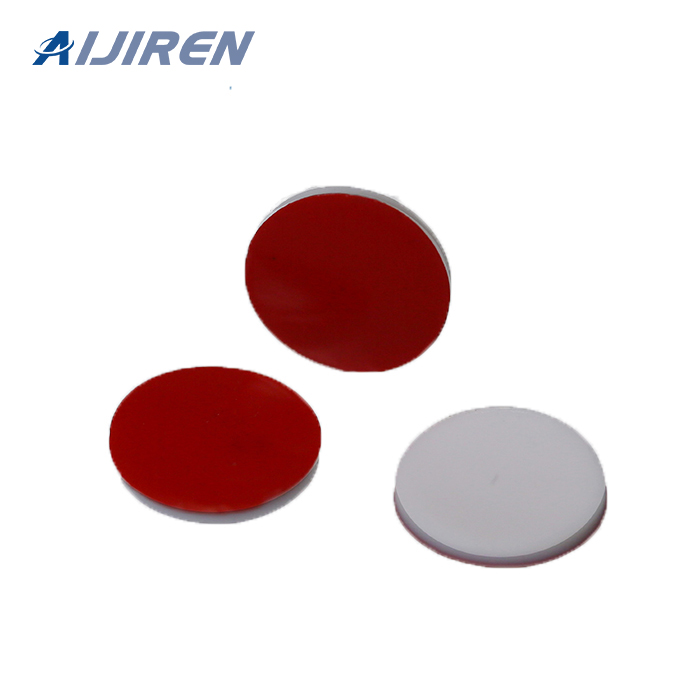




Make sure this fits by entering your model number.; 250ml Glass Graduated Lab Cylinder, made of Thick Borosilicate Glass for Durability Durable and Chemical resistant with 3.3 borosilicate glass for premium quality, strength and transparency, which can handle any high pressures and temperatures from the most harsh chemicals to extreme heating agents.
Liquid Chromatography (LC): A form of chromatography employing a liquid as the moving phase and a solid or a liquid on a solid support as the stationary phase. We recognize the total supply needs of this technique and are ready to supply your most popular
High Performance Liquid Chromatography (HPLC) is a form of column chromatography that pumps a sample mixture or analyte in a solvent (known as the mobile phase) at high pressure through a column with chromatographic packing material (stationary phase). The sample is carried by a moving carrier gas stream of helium or nitrogen.
Various methods have been developed for screening and diagnosis of SCD, including e.g., laboratory-based methods such as high performance liquid chromatography (HPLC) 6, isoelectric focusing 7
Glass liquid separator mainly used for liquid-liquid extraction, its performance is superior to other similar products. can also be used in normal temperature mixing reaction. reaction finished, the material inside the kettle can out of the bottom of the kettle seal discharge outlet, convenient in operation.The whole system is closed and multi-purpose, which is the ideal of modern chemical
In thin layer chromatography the solid phase (silica gel or alumina) is applied as a thin coating on a plastic sheet or glass slide, called a TLC plate (fig. 20.4, p. 783). Using a capillary tube, a solution of the sample is applied on the solid support as a spot, a technique known as spotting. When the sample dries it becomes adsorbed onto
Because borosilicate glass doesn’t expand like ordinary glass, there is a smoother transition between temperatures as well as the ability to withstand different temperatures at the same time. Borosilicate glass has an extremely low coefficient of linear expansion (3.3 x 10 –6 K –1 ) as a result of its low thermal expansion.
The HPLC, just as the LC, is used for substance separation from a sample, also known as purification or isolation, however, the separation via HPLC is completed a lot faster than with LC. A prerequisite for liquid chromatography is that the mixtures to be analyzed are present dissolved in a solvent.
Thin layer chromatography is done exactly as it says - using a thin, uniform layer of silica gel or alumina coated onto a piece of glass, metal or rigid plastic. The silica gel (or the alumina) is the stationary phase.
BOROFLOAT ® has practically the same glass composition as DURAN ®, which is also a SCHOTT glass product mainly used for laboratory equipment.Consequently, the glass is very resistant against water, neutral, saline, acidic solutions, and to iodine, chlorine, bromine, and organic substances, even over long periods and at temperatures higher than 100 °C.
High Performance Liquid Chromatography System (HPLC) / model "Chromaster" HPLC for today and tomorrow. The excellent reproducibility made possible by the pump and autosampler and the excellent stability of the column oven and detector are the two performance capabilities supporting data reliability:
NGC™ Medium-Pressure Chromatography Modules and Accessories. The modular components of the NGC Chromatography System can be upgraded to provide higher flow rates, sophisticated detection capabilities, pH monitoring, column scouting, and buffer blending options.
Lecture 5: Basic Chromatography: HPLC (RP & IEC) & Capillary Electrophoresis 1. High performance liquid chromatography (HPLC) 2. Components of an HPLC system 3. Mechanism of reverse phase HPLC (RP HPLC) 4. Gradient Elution 5. Ion pairing agents 6. Organic modifiers 7. UV detection 8. Typical gradients 9. Other types of chromatography 10
Jul 16, 2012 · 2. liquid chromatography 1. CHROMATOGRAPHY 2. ChromatographyChromatography basically involves theseparation of mixtures due to differences inthe distribution coefficient of sample componentsbetween 2 different phases.One of these phases is a mobile phase andthe other is a stationary phase.
At present, high-performance liquid chromatography (HPLC) represents a useful alternative to gas chromatography (GC), because it is a sensitive method that is easier to utilize after improvements related to the derivatization of fatty acids: for example, nitrophenylhydrazides and 4-bromomethyl-7-methoxycoumarin derivatives .